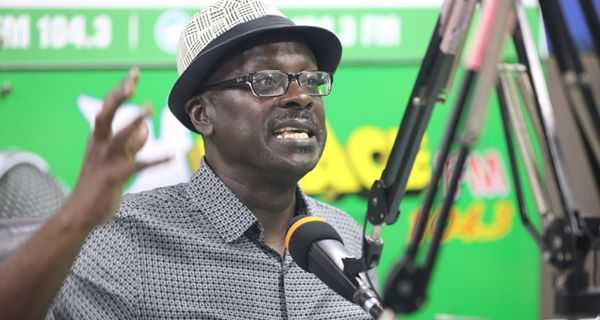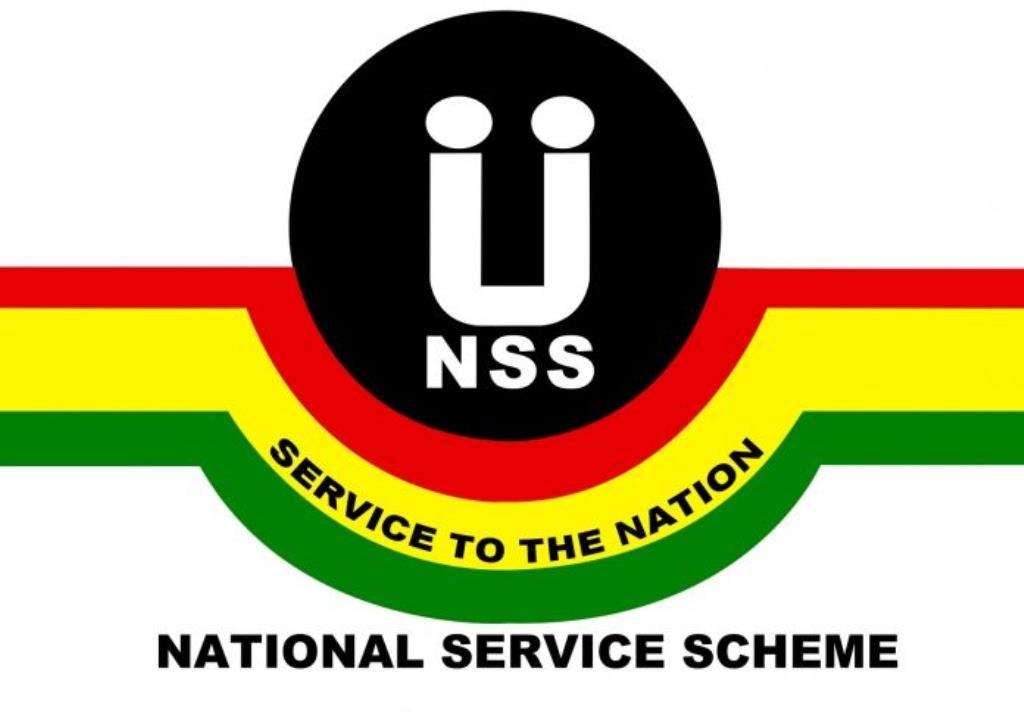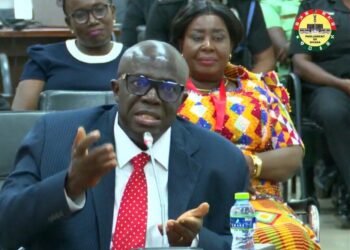The ongoing National Service Scheme (NSS) scandal, involving over GH₵500 million, has reignited a fierce debate over transparency in Ghana’s legal system.
Prominent legal expert and Democracy and Development Fellow at CDD-Ghana, Prof. Stephen Kwaku Asare, has called attention to the public backlash against the Attorney-General (AG), who is being accused by some of being excessively transparent in handling the case.
Prof. Asare emphasized that this is the perfect opportunity to revisit a hauntingly similar case that has remained unresolved for years. He pointed to the 2014 NSS scandal, where GHS107 million was allegedly siphoned through ghost names and payroll fraud.
Despite the seriousness of the allegations, there is no public record indicating any final judgment against Alhaji Alhassan Mohammed Imoro and more than 30 co-defendants.
“This NSS saga broke in 2014. The ring leaders were arrested in 2014, remanded, and later granted bail. Charges were filed in 2015.
“Hearings continued into 2017. At one point—February 2017—the courtroom was even cleared of non-parties, including journalists, to allow the then BNI to testify. And then? Silence. No conviction. No acquittal. No closure. No updates.”
Prof. Stephen Kwaku Asare

According to Prof. Asare, this type of legal limbo underscores the dire need for strict time standards in trials.
Protracted cases that linger unresolved undermine the very essence of justice, leading to what he described as “wagadril.” When high-profile corruption cases quietly vanish, public confidence in the legal system erodes.
Prof. Asare stressed that the AG and prosecutors owe the public consistent and transparent updates.
These disclosures are not media trials but rather constitutional obligations, especially since public funds are involved. “Transparency is not a threat to justice—it is its oxygen,” he asserted.
‘Loot And Return’ Culture Under Scrutiny
Meanwhile, a troubling pattern emerges in both the 2014 case and the current scandal, which Prof. Asare described as a system where individuals embezzle funds but avoid serious consequences by simply returning the stolen money.
According to official reports, all the Regional Directors acknowledged their involvement and agreed to repay their portions of the embezzled funds.
Additional reports indicated that Regional and District Directors, along with senior officials at the National Service Secretariat, had already made partial repayments to cover their financial obligations.
Accordingly, Prof. Asare strongly criticized this practice.

“This ‘if you’re caught, just return the money’ approach is deeply flawed. It turns looting into a risk-free enterprise. No interest. No prosecution. No deterrence. That must change.”
Prof. Stephen Kwaku Asare
He strongly advocated for a more rigorous system where stolen funds are not only fully recovered but recovered with interest.
Prosecutions should follow as a deterrent to future corruption. Only those who fully cooperate, return the stolen funds with interest, and assist by testifying against accomplices should be eligible for reduced sentences.
He insisted that simply returning the stolen amount should not be sufficient.
“Let’s demand answers. Let’s demand transparency. Let’s recover the loot, but also prosecute and sentence. And above all, let’s demand reforms.”
Prof. Stephen Kwaku Asare
Prof. Asare warned that failure to address the unresolved issues from 2014 would likely result in the current scandal following a similarly unresolved path, depriving the nation of crucial lessons and necessary reforms.
Public Owed Transparency, IMANI Leader Says
Backing Prof. Asare’s passionate call for transparency, Bright Simons of IMANI Africa echoed similar sentiments.
He argued that the Attorney-General’s duty is to represent the public’s interests by prosecuting wrongdoers and keeping the public informed.
“The Attorney General is the public’s agent, OUR agent. He prosecutes people on OUR BEHALF.
“So, why in the name of all the Old Testament Prophets would anyone have an issue when the AG tries to CONVINCE us, the people, that he is mounting a prosecution because the accused persons have indeed harmed us? And for no other reason?”
Bright Simons

Simons criticized the notion that all legal discussions should remain confined to courtrooms, pointing out that the complexity of courtroom proceedings often leaves ordinary citizens confused.
According to him, before even entering a courtroom, it is the AG’s duty to reassure the public that any prosecutions are grounded in solid evidence and conducted in the public’s interest.
He further emphasized that such transparency becomes even more crucial in a political system where the Attorney-General holds political office. Public accountability helps prevent any misuse of prosecutorial powers for political gain.
“I simply can’t wrap my head around the objections to the Attorney General seeking to convince the public that he has a good case before going to court.”
Bright Simons
In his view, these objections stem from a passive citizenry unfamiliar with their right to demand accountability.
He warned that when citizens fail to exercise their right to know, they enable political agents to operate without public oversight.
Both Prof. Asare and Bright Simons are unified in their appeal: for Ghana’s justice system to earn the people’s trust, transparency must remain its guiding principle.
Meanwhile, the ongoing NSS scandal highlights persistent concerns over accountability and the handling of corruption cases in Ghana.
As legal experts call for greater transparency and reform, the outcome of these proceedings may set a critical precedent for the nation’s justice system.



















